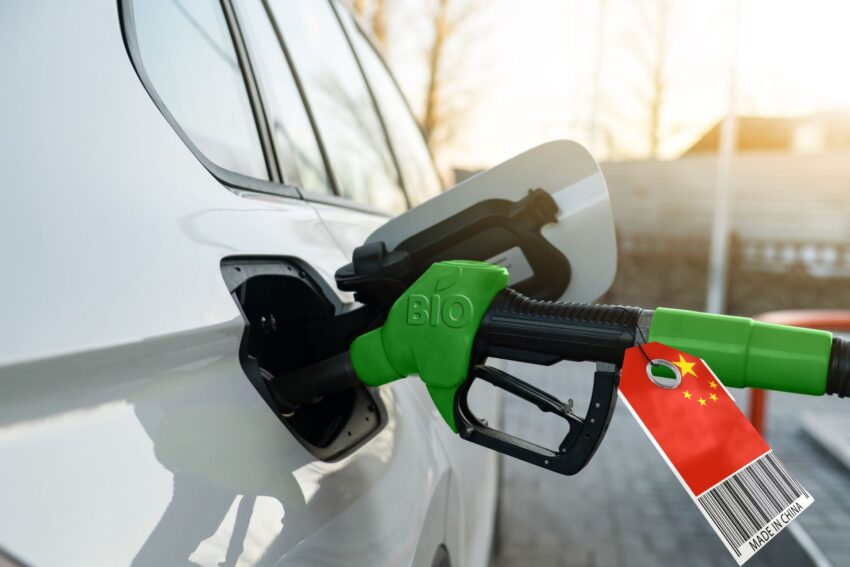In recent years, Europe has witnessed a surge in the importation of biofuels from China, raising concerns over the quality and sustainability of these products. The influx has led to a significant drop in the prices of biofuels in the European market, causing distress among European biofuel producers and posing a threat to the sustainability of the industry.
The European biofuels industry has been vocal about the challenges posed by the cheap Chinese biofuels. These biofuels, which are allegedly produced using questionable quality standards, are flooding the European market, leading to an oversupply that has driven down prices. This has put significant pressure on European producers, many of whom have been forced to close their plants or furlough workers due to the economic distress.
Europe’s biofuels sector sounds alarm over Chinese imports
Energy companies have been mothballing plants and furloughing workers amid biodiesel oversupply#oott https://t.co/mpn9DwDwNC— Giovanni Staunovo🛢 (@staunovo) August 13, 2024
Tracy Schuchart comments:
European energy companies [are] being undercut by cheap Chinese imports, causing major distress in the industry and resulting in plants being closed. Chevron, which put workers at a German biofuels plant on leave in July, stated the problem: allegedly fraudulent biofuel imports, made with uncertified materials, and dumped Chinese biodiesel was “flooding the market”. Around the same time, Shell put the construction of a major biofuels plant in Rotterdam on hold. And Argent Energy in March said it plans to end production at its biodiesel plant in Scotland.
The situation has also raised questions about the environmental impact of these biofuels. There are concerns that the production of these biofuels in China may not adhere to the same strict environmental standards as those in Europe. These Chinese biofuels also are known to contain palm oil, which is a controversial feedstock due to its association with deforestation and habitat loss.
The European Commission has launched an anti-dumping investigation into Chinese biodiesel imports, a move applauded by European biofuel producers. This investigation aims to determine whether the Chinese biofuels are being sold at artificially low prices in Europe, a practice known as dumping.
EU hits Chinese biodiesel with anti-dumping measures, July 19, 2024:
The European Commission announced today that it will impose anti-dumping tariffs of up to 36.4% on biodiesel imports from China. This is a step in the right direction for limiting imports of dubious used cooking oil (UCO) biofuels, says T&E. But tariffs alone will not be enough to prevent fraudulently mislabeled palm oil from entering the European market, says the group.
While the influx of cheap biofuels seems beneficial to consumers, the downside to European farmers and potential environmental and social costs cannot be ignored. It is essential for policymakers, industry stakeholders, and consumers to work together to develop stricter regulations and standards to ensure that the biofuel industry is transparent and beneficial for Europe.


